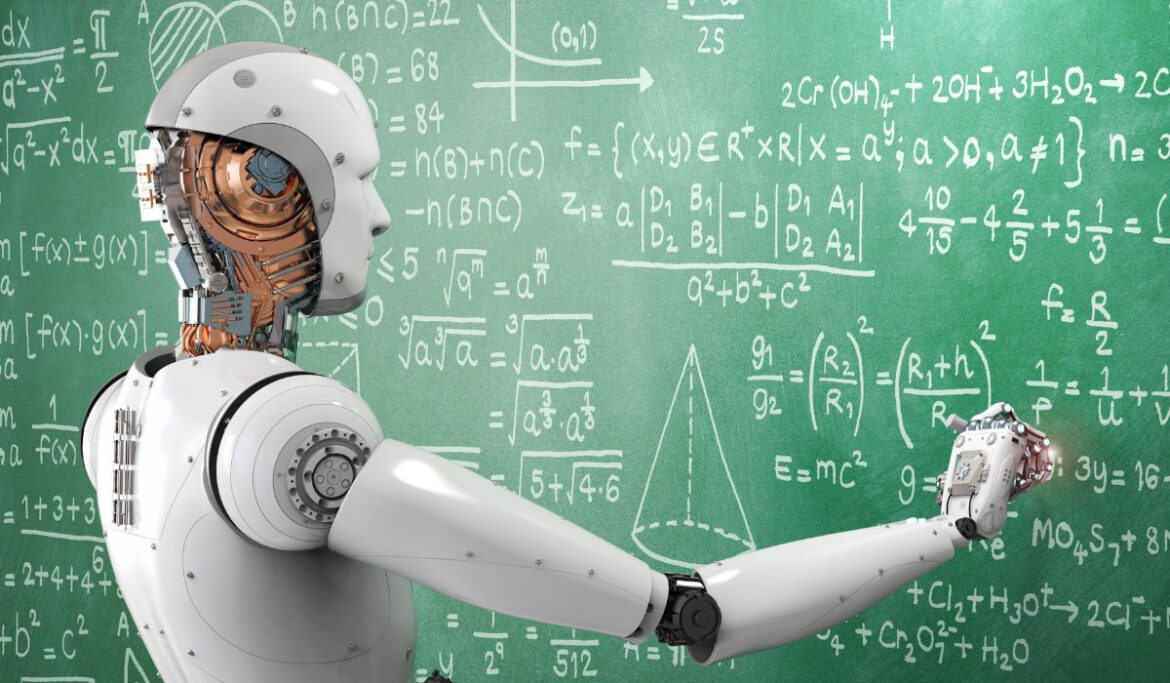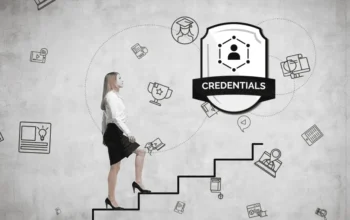Artificial Intelligence (AI) is no longer a distant future concept but a reality profoundly shaping the education landscape. From personalized learning experiences to streamlined administrative tasks, AI’s potential to transform education is vast. This article will explore how AI is revolutionizing how we learn, teach, and manage educational systems.
Personalized Learning Experiences
One of the most significant contributions of AI to education is the ability to tailor learning experiences to individual students. AI-driven tools can analyze a student’s learning style, strengths, and weaknesses, then create a customized curriculum that adapts in real time to their progress. Programs like adaptive learning platforms use AI algorithms to track student performance and adjust the difficulty of lessons, ensuring that each student learns at their own pace. This personalized approach is particularly beneficial for students with learning disabilities, as it allows for targeted interventions that are difficult to achieve in traditional classroom settings.
Intelligent Tutoring Systems
Another powerful application of AI is the development of intelligent tutoring systems (ITS), which provide students with personalized instruction outside of regular class hours. These AI-powered tutors use natural language processing (NLP) and machine learning to understand and respond to student queries. ITS can simulate one-on-one tutoring sessions, offering explanations, feedback, and encouragement. Unlike human tutors, AI tutors are available 24/7, allowing students to receive help whenever needed, thus breaking down barriers to learning that might exist outside of traditional school hours.
Automating Administrative Tasks
AI also streamlines administrative tasks, freeing up time for educators to focus on teaching. Tasks like grading assignments, managing schedules, and tracking student attendance can be automated using AI systems. For instance, AI-powered tools can quickly grade multiple-choice and short-answer questions and even assess essays by analyzing grammar, structure, and content. By reducing the time teachers spend on administrative duties, AI allows them to devote more time to creating engaging lesson plans and interacting with students.
Enhancing Teacher Training and Development
AI is also critical in improving teacher training and professional development. AI tools can monitor and evaluate teaching methods, offering real-time feedback to educators on improving their delivery. For example, AI-powered platforms can assess a teacher’s effectiveness by analyzing student interactions and providing insights into pacing, tone, and engagement. This type of data-driven feedback allows teachers to refine their techniques and improve student outcomes.
Global Access to Education
One of the most exciting prospects of AI in education is its ability to expand access to high-quality learning experiences worldwide. Through AI-driven platforms, students in remote or underserved areas can access world-class educational resources without needing physical classrooms or extensive infrastructure. AI-powered language translation tools also break down language barriers, enabling students from different linguistic backgrounds to learn in their preferred language. This global reach has the potential to democratize education, ensuring that students everywhere have access to the knowledge and skills necessary for success in the modern world.
The Future of AI in Education
AI’s role in education will only become more significant as it continues to evolve. Future advancements may bring even more immersive technologies, such as virtual reality (VR) and augmented reality (AR), which can be combined with AI to create interactive, engaging learning environments. AI’s ability to analyze vast amounts of data will allow for the creating of highly sophisticated learning platforms that predict educational trends and provide actionable insights into student performance.
However, it is vital to consider the ethical implications of AI in education. As AI takes on a more central role, it is crucial to ensure that privacy is protected and that algorithms are free from biases that could negatively impact students.
In conclusion, AI is reshaping the future of education by offering personalized learning, enhancing teacher training, automating administrative tasks, and improving global access to education. While challenges remain, the potential of AI to enhance the learning experience is undeniable, making education more accessible, efficient, and effective for all.




